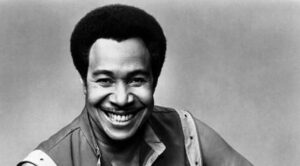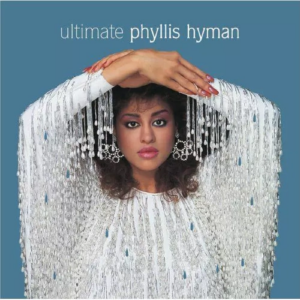With a single, show-stopping performance, they brought Chris Pine and David Oyelowo to tears, white and black actors on different sides of Hollywood’s cultural divide in an awards season rife with highly racialized controversy over the perceived industry snubs of director Ava Duvernay’s Civil Rights-era film, Selma. Coming just a couple of weeks following the much-criticized Grammy switch of Ledisi for Beyoncé for a “Precious Lord” introduction to the film’s sole single from the Selma movie soundtrack, co-writers and performers Common and John Legend reminded everyone why “Glory” was such an important song to begin with. Seconds later their ballad performance received a standing ovation and their creation claimed Oscar gold for “Best Song.”
In the spirit of the Negro spirituals and protest songs of old, Legend and Common provide a modern resistance song for our racially troubled times. Laden with hopeful inspiration and egalitarian aspirations, the tribute to protestors past and present had already won the Golden Globe for “Best Song” when it again beat out the odds-on favorite, “Everything is Awesome” from The Lego Movie. The duo’s live performance of “Glory” at the Awards, complete with a plainclothes choir and an on-stage replica of the infamous “Bloody Sunday” bridge where scores shed blood and were beaten marching for the right to vote, shook the roof from the rafters as Legend’s clear voice soared above the chorus in hope and Common spit history lessons with righteous anger. Together they evoked the spirit of their ancestors and gave words to our now.
This level of bell-ringing performance may have been necessary following the quelling of more direct protest slated for this year’s Oscars. The National Action Network (NAN) had planned a protest outside of this year’s Academy Awards in response to what was called the “whitest” Oscars in nearly two decades, following the snubs of several critically-acclaimed Black films, including Timbuktu, Memphis, Top Five, Dear White People, and, of course, Selma. It was reported that Duvernay influenced NAN to cancel that protest, but between the dynamic duo’s very political acceptance speech and a searing performance witnessed by some 40 million viewers around the world, a clear point was nonetheless made. King would’ve been proud.
By L. Michael Gipson










